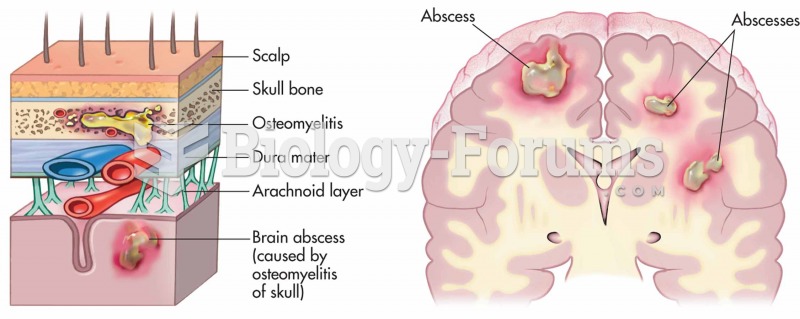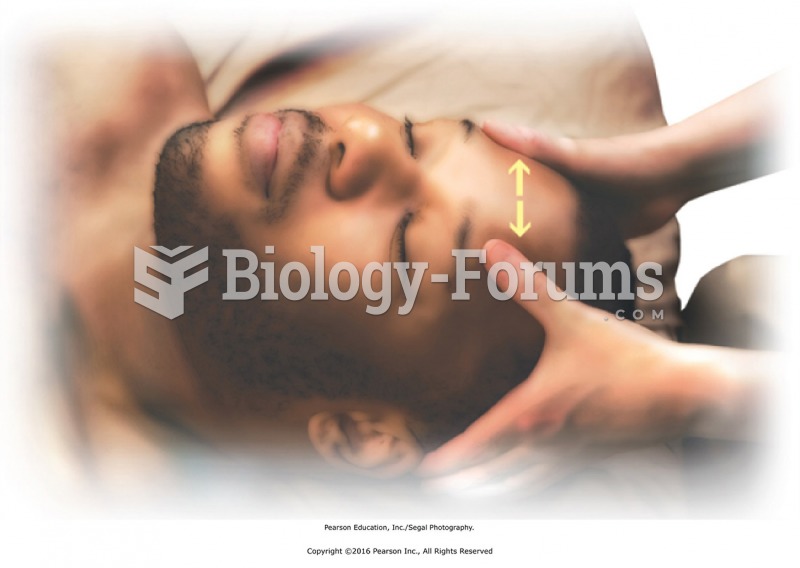This topic contains a solution. Click here to go to the answer
|
|
|
Did you know?
There are actually 60 minerals, 16 vitamins, 12 essential amino acids, and three essential fatty acids that your body needs every day.
Did you know?
The people with the highest levels of LDL are Mexican American males and non-Hispanic black females.
Did you know?
About 600,000 particles of skin are shed every hour by each human. If you live to age 70 years, you have shed 105 pounds of dead skin.
Did you know?
As the western states of America were settled, pioneers often had to drink rancid water from ponds and other sources. This often resulted in chronic diarrhea, causing many cases of dehydration and death that could have been avoided if clean water had been available.
Did you know?
Earwax has antimicrobial properties that reduce the viability of bacteria and fungus in the human ear.
 Cleanse a linear wound by using a new sterile gauze pad for each stroke, beginning next to the wound ...
Cleanse a linear wound by using a new sterile gauze pad for each stroke, beginning next to the wound ...
 The humoral and cellular immune response. At the left is the humoral (or B-cell mediated); at the ...
The humoral and cellular immune response. At the left is the humoral (or B-cell mediated); at the ...





